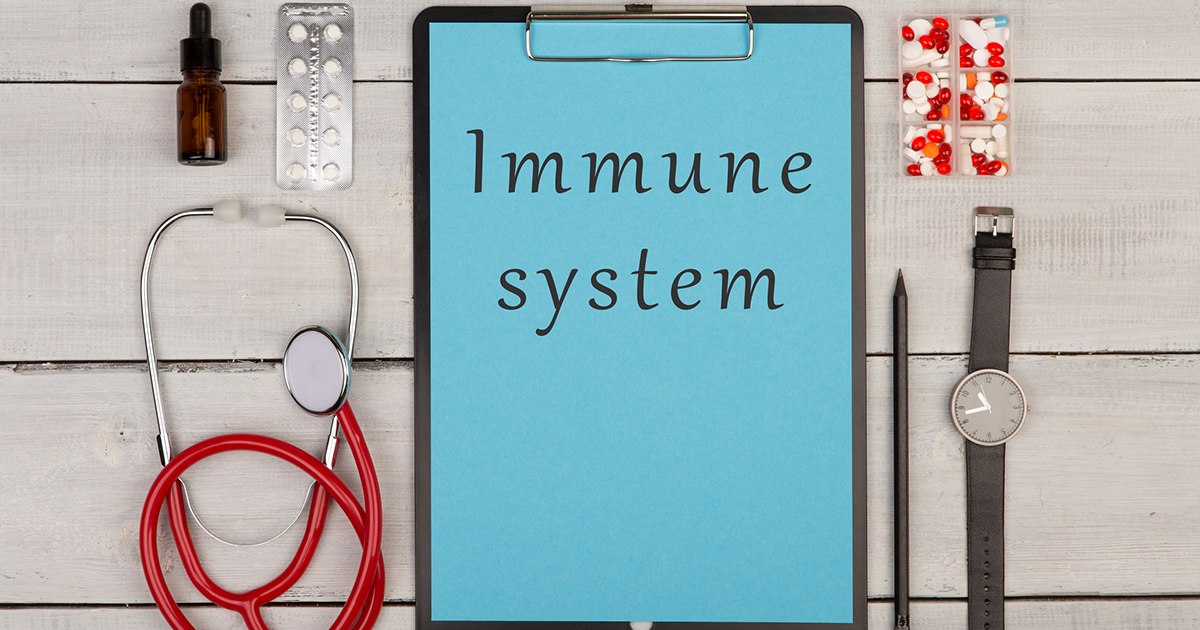What Causes Psoriasis?
Psoriasis is a condition where skin cells grow at a rapid rate, causing an accumulation that forms lesions around the body. Psoriatic lesions typically affect the knees, elbows, hands, feet, eyelids, mouth, lips, ears, face, and scalp. Psoriatic lesions tend to favor the folds of the skin and are known to cause feelings of discomfort, such as itchiness, burning, and stinging. The severity of an individual's psoriasis is dependent upon the portion of the skin affected by it, and the degree to which it affects daily activities. Psoriasis is diagnosed using medical history, physical examinations, and skin biopsy. Mild psoriasis cases are treated with the use of topical medications in the form of creams, shampoos, moisturizers, and ointments. Moderate and severe cases of psoriasis are treated with phototherapy, biologic drugs, and topical medications.
A handful of mechanisms can cause psoriasis to develop, and several factors can increase the risk. Get to know more about this now.
Immune System Issues

While the exact mechanism is not clear, immune system issues are thought to play a significant role in the pathogenesis of psoriasis. Around ten percent of the population inherit certain genes that put them at a higher risk of developing psoriasis, though only around three percent of this portion of the population actually end up developing psoriasis. It is thought that around twenty-five different gene variants can cause alterations in the way an affected individual's T-cells function. T-cells are the type of cell that is part of an individual's immune system responsible for fighting off foreign pathogens such as bacteria and viruses. However, individuals with certain genes have an immune system that mistakenly and inappropriately attacks their skin cells. This malfunction can cause blood vessels in the skin to become enlarged, an increase in the production of proliferation promoting cells, accumulation of skin cells on the skin surface, and the development of thick and patchy psoriatic patches.
Uncover more information on the causes, triggers, and risk factors linked to psoriasis now.
Infections

Many types of infections can trigger the onset of psoriasis when combined with an individual's other predisposing factors. Infections caused by streptococcal bacteria can trigger the onset of guttate psoriasis. Guttate psoriasis can be triggered by other types of infections as well. This type of psoriasis is known to occur suddenly, and produce raised, scaly, small, round spots on an affected individual's skin referred to as papules. These papules most often occur on a patient's torso, arms, legs, face, scalp, and ears. Streptococcal infections and infections that occur in an individual's upper respiratory tract have also been known to trigger flare-ups of guttate psoriasis. Tonsillitis infections caused by viruses or bacteria have also been known to trigger guttate psoriatic episodes. The first symptoms of an infection that later causes a guttate psoriasis flare-up will usually manifest between two and three weeks before the psoriatic lesions develop.
Read more about the various triggers associated with psoriasis now.
